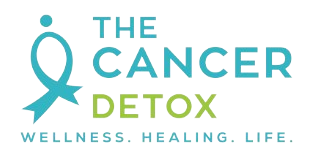Poop. It’s something we avoid talking about in normal day-to-day conversations. But when the organ that houses said substance becomes diseased, such as in the case of colon cancer, everyone wants to talk about it then. Are you pooping enough? What is the color? Smell?
Prevention Strategies
Colon cancer is estimated to have caused approximately 49,000 deaths in 2016. In the U.S. it’s the 3rd leading type of cancer. Can it be prevented? Yes, but you must do the following:
Get screened by getting a colonoscopy, preferably starting at age 50 (talk to your HCP about the appropriate age)
If you have evidence of early-disease (e.g. polyps, or pre-cancerous lesions), then talk to your HCP about getting them removed
And of course, lifestyle changes
It's a Little Late, But Science Now Shows Why Plant-Based Is the Way to Go
Finally, there’s a scientific study
Read More


